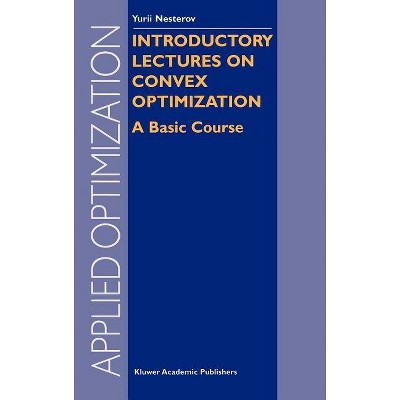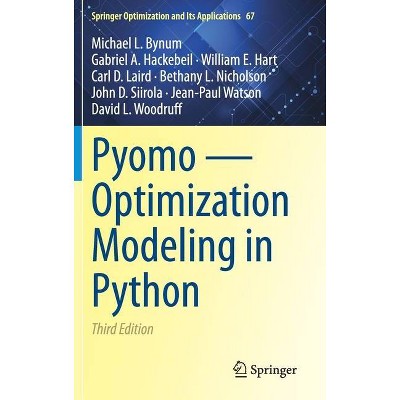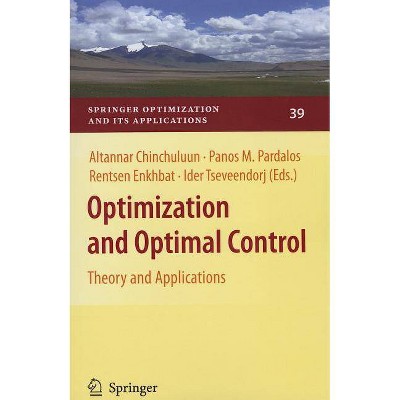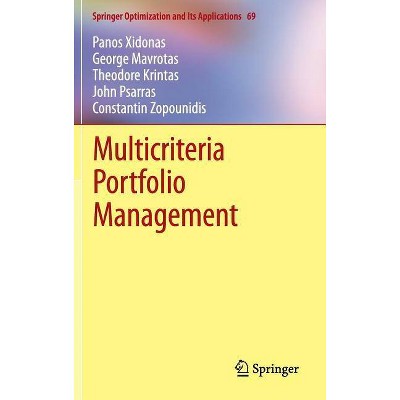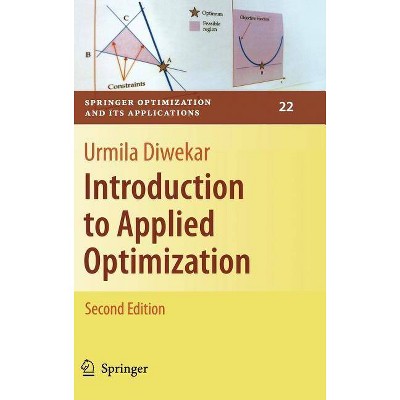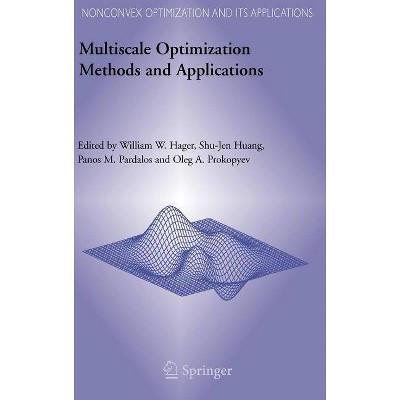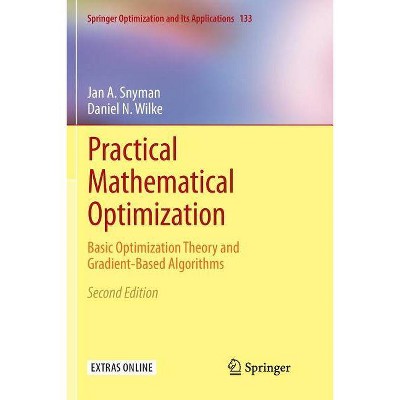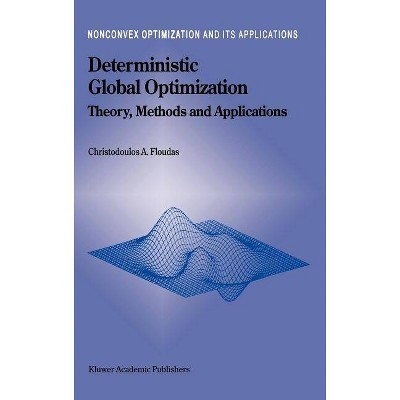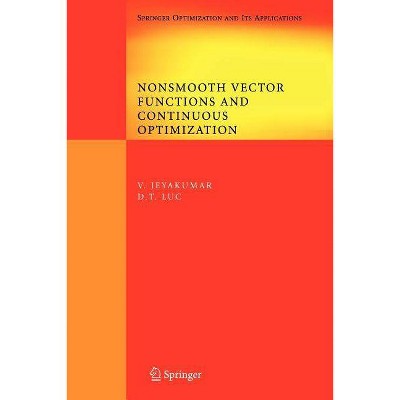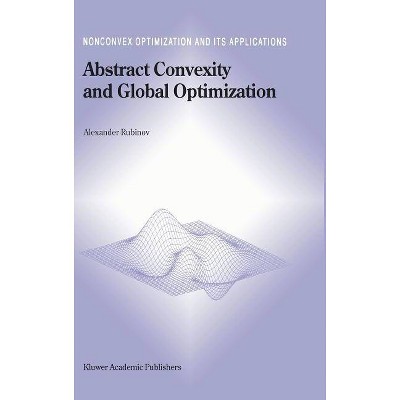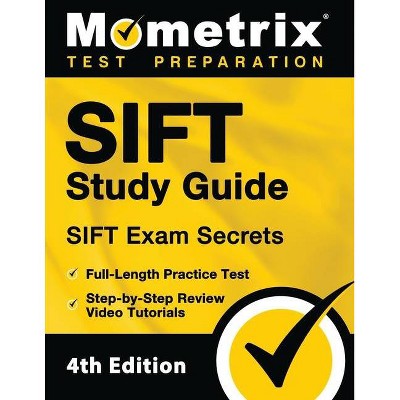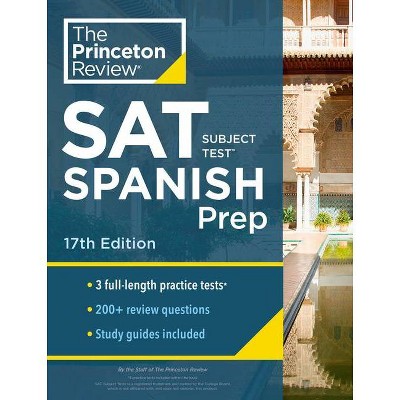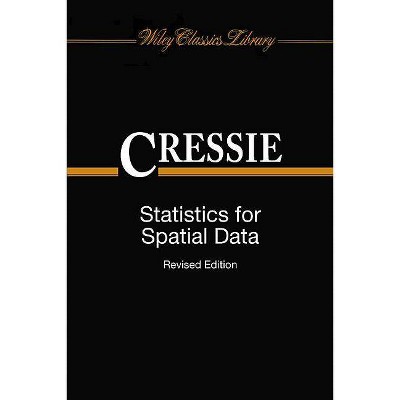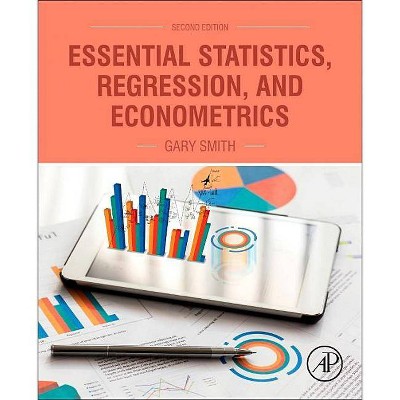Lectures on Convex Optimization - (Springer Optimization and Its Applications) 2nd Edition by Yurii Nesterov (Hardcover)
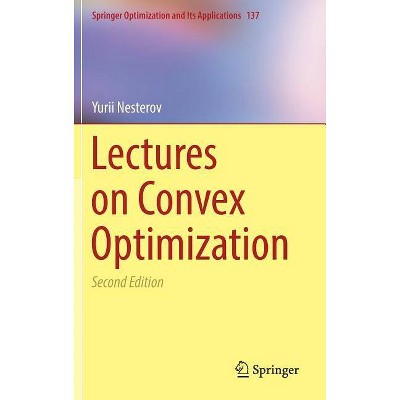
Similar Products
Products of same category from the store
AllProduct info
<p/><br></br><p><b> About the Book </b></p></br></br>The first elementary exposition of core ideas of complexity theory for convex optimization, this book explores optimal methods and lower complexity bounds for smooth and non-smooth convex optimization. Also covers polynomial-time interior-point methods.<p/><br></br><p><b> Book Synopsis </b></p></br></br>It was in the middle of the 1980s, when the seminal paper by Kar- markar opened a new epoch in nonlinear optimization. The importance of this paper, containing a new polynomial-time algorithm for linear op- timization problems, was not only in its complexity bound. At that time, the most surprising feature of this algorithm was that the theoretical pre- diction of its high efficiency was supported by excellent computational results. This unusual fact dramatically changed the style and direc- tions of the research in nonlinear optimization. Thereafter it became more and more common that the new methods were provided with a complexity analysis, which was considered a better justification of their efficiency than computational experiments. In a new rapidly develop- ing field, which got the name "polynomial-time interior-point methods", such a justification was obligatory. Afteralmost fifteen years of intensive research, the main results of this development started to appear in monographs [12, 14, 16, 17, 18, 19]. Approximately at that time the author was asked to prepare a new course on nonlinear optimization for graduate students. The idea was to create a course which would reflect the new developments in the field. Actually, this was a major challenge. At the time only the theory of interior-point methods for linear optimization was polished enough to be explained to students. The general theory of self-concordant functions had appeared in print only once in the form of research monograph [12].<p/><br></br><p><b> From the Back Cover </b></p></br></br>This book provides a comprehensive, modern introduction to convex optimization, a field that is becoming increasingly important in applied mathematics, economics and finance, engineering, and computer science, notably in data science and machine learning.<p></p> <p>Written by a leading expert in the field, this book includes recent advances in the algorithmic theory of convex optimization, naturally complementing the existing literature. It contains a unified and rigorous presentation of the acceleration techniques for minimization schemes of first- and second-order. It provides readers with a full treatment of the smoothing technique, which has tremendously extended the abilities of gradient-type methods. Several powerful approaches in structural optimization, including optimization in relative scale and polynomial-time interior-point methods, are also discussed in detail.</p> Researchers in theoretical optimization as well as professionals working on optimization problems will find this book very useful. It presents many successful examples of how to develop very fast specialized minimization algorithms. Based on the author's lectures, it can naturally serve as the basis for introductory and advanced courses in convex optimization for students in engineering, economics, computer science and mathematics.<p></p><p/><br></br><p><b> Review Quotes </b></p></br></br><br>"It is a must-read for both students involved in the operations research programs, as well as the researchers in the area of nonlinear programming, in particular in convex optimization." (Marcin Anholcer, zbMATH 1427.90003, 2020)<br><p/><br></br><p><b> About the Author </b></p></br></br><b>Yurii Nesterov</b> is a well-known specialist in optimization. He is an author of pioneering works related to fast gradient methods, polynomial-time interior-point methods, smoothing technique, regularized Newton methods, and others. He is a winner of several prestigious international prizes, including George Danzig prize (2000), von Neumann Theory prize (2009), SIAM Outstanding Paper Award (20014), and Euro Gold Medal (2016).
Price History
Cheapest price in the interval: 74.99 on October 22, 2021
Most expensive price in the interval: 74.99 on December 20, 2021
Price Archive shows prices from various stores, lets you see history and find the cheapest. There is no actual sale on the website. For all support, inquiry and suggestion messages communication@pricearchive.us
